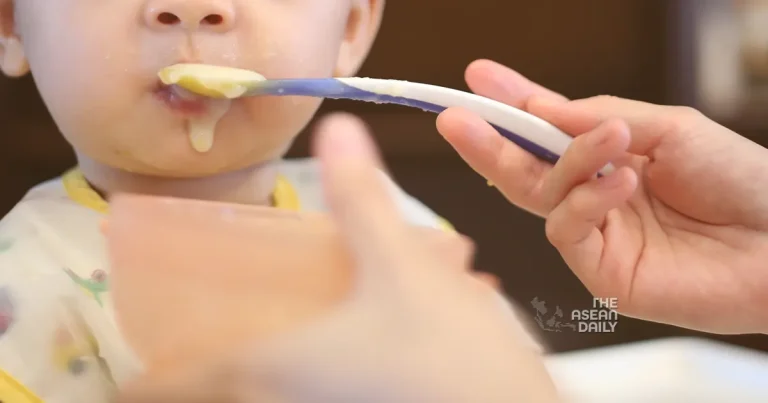14-12-2023 (SINGAPORE) A recent study has raised concerns about the high levels of sugar and salt in packaged foods marketed at young children in Southeast Asia. The study, which was supported by the United Nations Children’s Fund (UNICEF) and partners of the Consortium for Improving Complementary Foods in Southeast Asia (COMMIT), found that 44 percent of the products contained added sugars and sweeteners, with snacks and finger foods being the biggest culprits. More than one-third of the products also exceeded recommended sodium levels.
The study assessed more than 1,600 infant cereals, purees, pouches, snacks, and ready-to-eat meals marketed at children aged 6 months to 3 years in Cambodia, Indonesia, Laos, Malaysia, the Philippines, Thailand, and Vietnam. It also found that none of the seven countries had national policies aligned with international guidance on the composition and labeling of these foods, and several countries lack legal measures to regulate sugar and salt content.
The study highlighted the extensive use of potentially misleading labeling, with claims about product composition or nutrient content appearing on nearly 90 percent of the products assessed. These claims often appeared on products with high sugar, salt, or fat content, with phrases such as “all natural,” “good source of vitamins,” and “no artificial ingredients” being used to deceive consumers.
Debora Comini, UNICEF regional director for East Asia and the Pacific, emphasized the importance of good nutrition in the first years of life, stating, “Good nutrition in the first years of life helps children thrive, fueling prosperous families, productive workforces, and powerful economies.”
In light of these findings, UNICEF and COMMIT partners are calling for improvements in government regulations, including the prohibition of added sugars and sweeteners, limitations on sugar and sodium content, the prevention of misleading marketing, strict monitoring and enforcement of regulations by the government, as well as support for parents to navigate deceptive marketing on commercially produced complementary foods.




